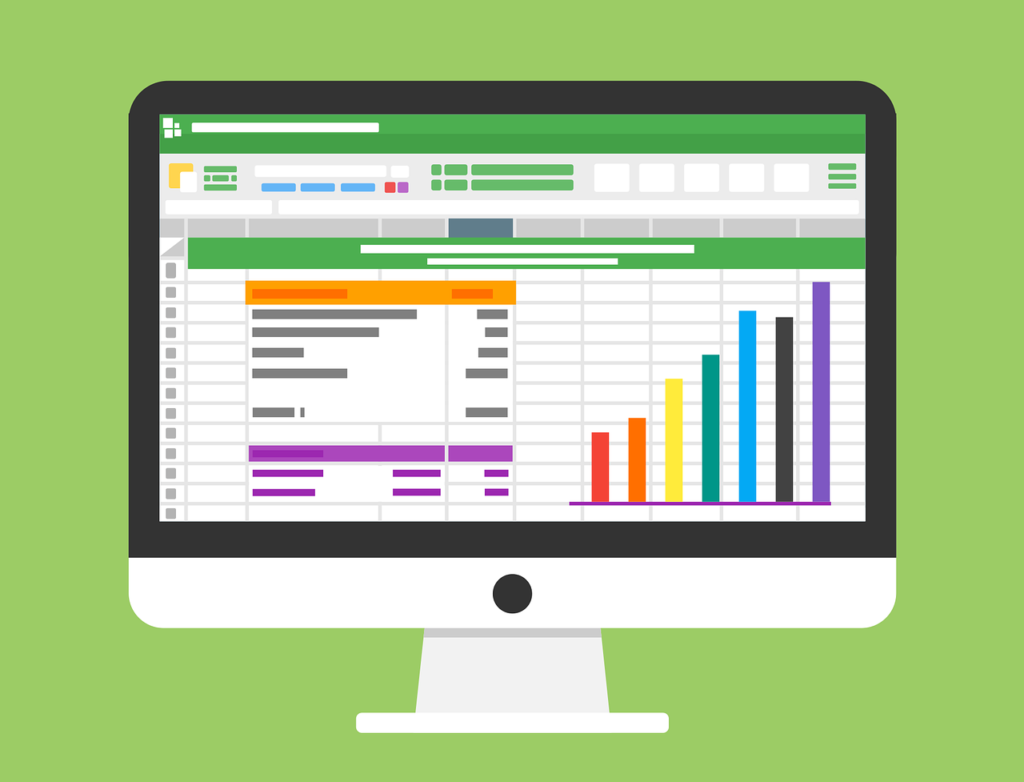Fleet Data: How to Use it to Your Benefit
Fleet operations have a large volume of data at their fingertips each day.
Amanda Wilson, the fleet manager at Fleet Services at Indiana University, takes this information made available to her through fleet management software and utilizes it to improve the efficiencies of her operation.
“Everything we do is data driven,” Wilson said.
For many operations, the challenge isn’t getting access to data, it’s how to use it.
While IU is able to take advantage of data to improve its fleet operation, the university still struggles with how to organize the large volume of information.
“Just the amount of it and the ways to get it connected properly,” Wilson said of her biggest challenge with data.
Being able to turn the numbers collected into useful information for fleet operations is key. Get tips on how to use data to track costs, monitor equipment performance, measure labor and productivity, and identify trends.
Track Fleet Costs
Collecting data allows fleets to gain more insight on how money is being spent. Fleets can better monitor what vehicles and equipment incur the most costs, how much money is being spent on parts, as well as track other expenses.
At Indiana University, the fleet operation uses data to measure several costs, including fuel usage.
“Data on fueling transactions (has been useful) to help prevent theft and fraud,” Wilson said.
Tracking the data related to fuel allows the operation to know how much fuel is being used, by whom, and when, so they can ensure all fuel usage is for work purposes.
Monitoring fuel costs is one example of how expenses can be tracked via data. Fleets can also measure expenditures related to tires, labor, parts usage, warranties, and other costs.
Photo Credit: RawPixel.com
Monitor Fleet Equipment Performance
Data allows fleets to measure how well specific vehicles and equipment are performing. Fleets can track how often vehicles and equipment are being used, as well as how often they are being serviced.
Operations can track vehicles and equipment by make and model to determine the performance of each brand and vendor. They can also measure the lifespan of the equipment, the repair history and warranties collected.
This can help operations make more informed decisions in the future about which vendor to buy equipment from, and what costs and repairs to expect from certain makes and models.
Track Labor and Productivity
Data gives a fleet manager more insight into his or her staff’s labor costs and productivity. Managers can look at how much time technicians are allocating towards certain tasks, and how many service appointments they are performing daily or weekly. This will give managers information to determine how labor hours are being spent.
Managers can also look at how long specific types of service appointments are taking his or her staff to complete. This can help supervisors determine where workflow enhancements are needed to trim labor and effort.
Identify Trends
Data provides fleets with a better overall picture of their operation. Fleet managers can take a step back and look at all of the data together and see what it means for their fleet. Analyzing each piece of data individually lets managers see how specific areas are performing. Fleet managers can track labor to see if hours have increased or decreased over a specific time period, for instance. But when analyzed together with other pieces of data, managers can look for larger trends. For example, if labor hours are increasing and the number of service requests are higher, then managers can compare those numbers with the amount of miles vehicles have traveled to see if costs on repairs and labor increased due to usage.
Contact us today to request a free demo to see how RTA Fleet Management Software’s solution can help your fleet operation collect the right data.
By Steve Saltzgiver, Fleet Success Advisor Disruptions in the supply chain can have far-reaching consequences, affecting various industries and sectors. […]
By Mary Gerard, Content Marketing Manager Where does 60% of your fleet’s budget go each year? Fuel. While depreciation is […]
By Steve Saltzgiver, Fleet Success Senior Advisor Fleet organizations with robust transportation networks need to run efficiently to keep their […]
Related Articles

Your fleet management information system (FMIS) is arguably the most important software your fleet has. And chances are, you’re nowhere […]

RTA Awarded Fleet Management Software Contract from the Commonwealth of Massachusetts Award allows all state, and local government entities as […]

